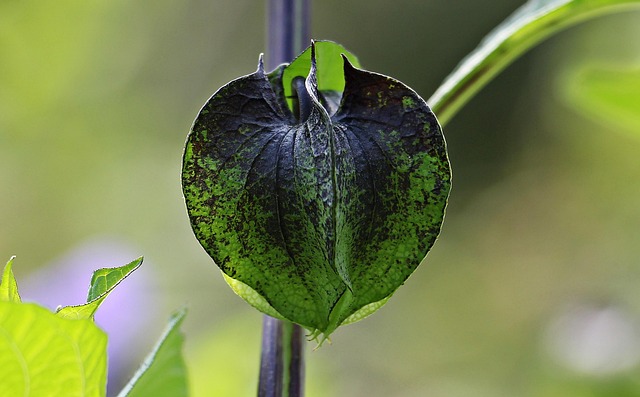Insects and rodents in apartment communities require tailored pest control, focusing on early identification through regular inspections. Integrated Pest Management (IPM) combines chemical and eco-friendly methods, like sealing entry points, natural repellents, and beneficial insects, to manage infestations effectively. For rodents, strategic prevention, waste management, and collaboration with professional services specializing in apartment complexes are key. Eco-friendly solutions, such as essential oils and live traps, ensure a safer and greener environment. Robust prevention techniques, including regular cleaning and pest-repellent plants, deter pests. Partnering with professionals offers uniform treatments, minimizing risks and maintaining a long-term, pest-free apartment community.
In the realm of apartment complex management, addressing pest issues is paramount. Insect and rodent infestations can wreak havoc on properties, impacting tenant satisfaction and increasing maintenance costs. This article explores comprehensive solutions for managing these common apartment pests. From understanding their behavior to implementing effective control strategies, we provide insights into mitigating insect and rodent problems. Discover eco-friendly approaches, prevention techniques, and the benefits of professional pest control services tailored to apartment environments, ensuring a peaceful and pest-free living space.
Understanding Common Apartment Pests: Insects and Rodents
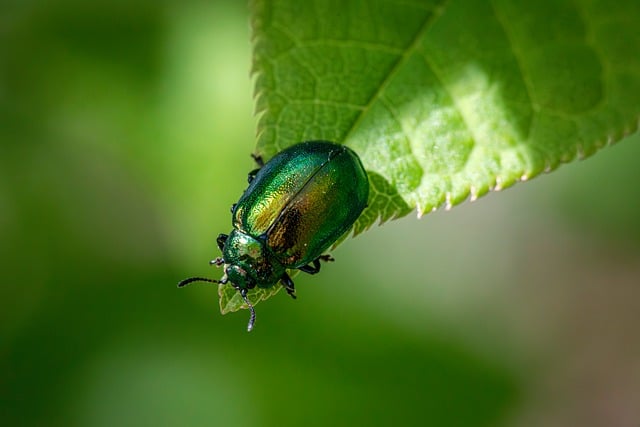
Insects and rodents are common issues faced by apartment dwellers, often requiring effective pest control solutions tailored to the specific needs of multi-dwelling units. Understanding these pests is the first step in developing comprehensive strategies for management and prevention. Termites, for instance, can cause significant structural damage over time, making them a major concern for apartment complexes. Rodents like mice and rats are not only a health hazard due to their potential to carry diseases but also disrupt peaceful living environments with their constant movement and noise.
Regular inspections are crucial in identifying these pests early on. Once identified, various methods can be employed, ranging from traditional chemical treatments to eco-friendly alternatives. Integrated Pest Management (IPM) approaches, which combine multiple tactics, offer long-lasting solutions for apartment buildings. Effective communication between residents and management, along with professional pest control services, ensures that these common pests are kept at bay, providing tenants with a comfortable and safe living environment.
The Impact of Pest Infestations on Apartment Complex Management
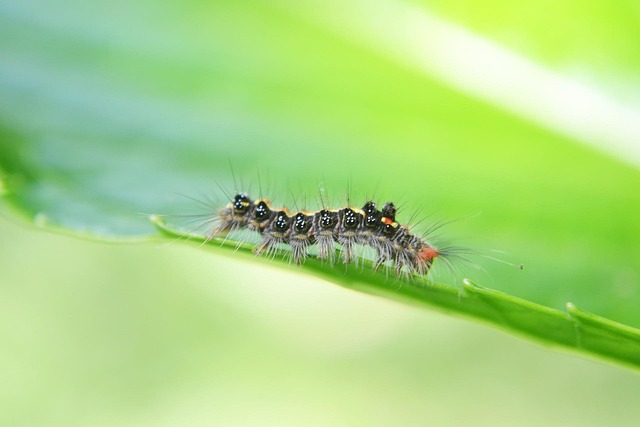
Pest infestations can significantly impact apartment complex management, causing a range of issues that extend beyond mere inconvenience. Infestations, especially from insects and rodents, can lead to structural damage over time as these pests gnaw at wiring, wood, and other materials. Moreover, they pose health risks to residents by spreading diseases and allergens, which can result in costly medical expenses and legal liabilities for management. The presence of pests can also lower the property’s value and attract negative publicity, affecting its market appeal. Effective pest control for apartments is therefore not just a matter of maintaining a clean environment; it’s a strategic necessity for safeguarding both the physical integrity of buildings and the well-being of their occupants.
Effective Insect Control Strategies for Apartments

Implementing effective insect control strategies is paramount in maintaining a pest-free apartment environment. Regular inspections are key to identifying potential entry points, such as cracks and gaps around doors and windows, which often serve as highways for insects like ants, cockroaches, and spiders. Addressing these access points with caulk or sealing materials creates a robust first line of defense.
In addition to physical barriers, strategic placement of traps and the use of natural repellents can significantly curb insect infestations. For instance, diatomaceous earth and boric acid powder act as powerful, non-toxic deterrents against various pests. Furthermore, introducing beneficial insects like ladybugs and lacewings into the apartment complex can help regulate populations of harmful species, fostering an eco-friendly pest control approach.
Rodent Management: A Comprehensive Approach for Apartments
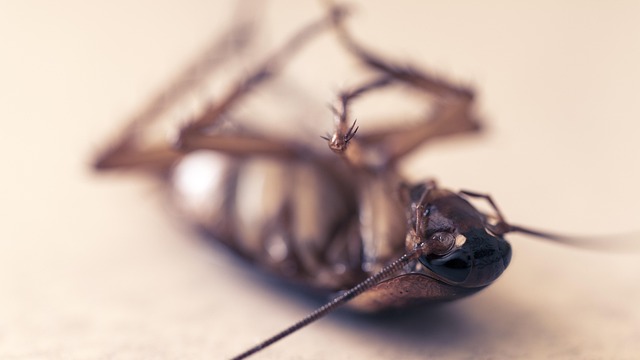
Rodent management in apartment buildings requires a comprehensive approach that addresses the root causes and provides long-lasting solutions. It’s essential to implement preventive measures such as sealing entry points, ensuring proper waste management, and maintaining a clean environment to deter rodents. Regular inspections and prompt action against any signs of infestation are crucial.
Apartment managers should also consider integrated pest management (IPM) strategies that combine chemical and non-chemical methods. Traps, bait stations, and repellents can be used alongside natural deterrents like peppermint oil or catnip. Collaborating with professional pest control services specializing in apartment complexes can provide tailored solutions, ensuring a rodent-free environment for all residents while adhering to safety regulations and environmental best practices.
Non-Toxic and Eco-Friendly Pest Control Solutions

In today’s world, where environmental consciousness is on the rise, it’s crucial to explore non-toxic and eco-friendly pest control solutions for apartments. Traditional pest control methods often rely on harmful chemicals that can not only pose risks to tenants’ health but also contaminate shared living spaces. However, there are alternative approaches that offer effective Pest Control for Apartments without sacrificing safety or sustainability.
Natural repellents like essential oils (e.g., citronella and peppermint) and plant-based insecticides derived from neem oil or pyrethrum are gaining popularity. These solutions not only repel insects but also break down quickly, minimizing environmental impact. For rodent control, eco-friendly options include setting live traps with no kill baits or using natural deterrents like peppermint oil or copper mesh wiring to prevent entry. Such methods ensure a healthier and greener living environment for everyone involved.
Prevention Techniques to Keep Pests at Bay
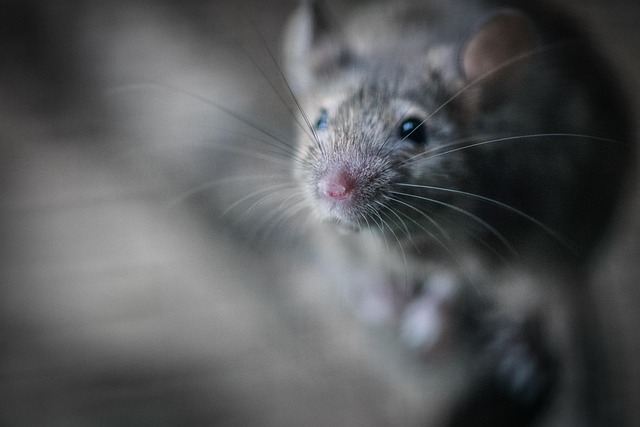
To effectively manage pests in apartment settings, implementing robust prevention techniques is key. Regular cleaning and sanitizing of common areas and individual units is a cornerstone strategy. This includes promptly addressing any spills or food scraps, maintaining good hygiene practices, and ensuring proper waste disposal. Additionally, sealing entry points such as gaps around doors and windows can significantly deter insects and rodents from finding their way inside.
Using pest-repellent plants like lavender, peppermint, or citronella in common areas and keeping them away from food sources can help create a natural barrier. Residents should also be encouraged to keep their units tidy, storing food in airtight containers and promptly sweeping or vacuuming floors. These collective efforts will go a long way in preventing pest infestations, making apartment living more comfortable and hygienic for everyone involved.
Partnering with Professional Pest Control Services
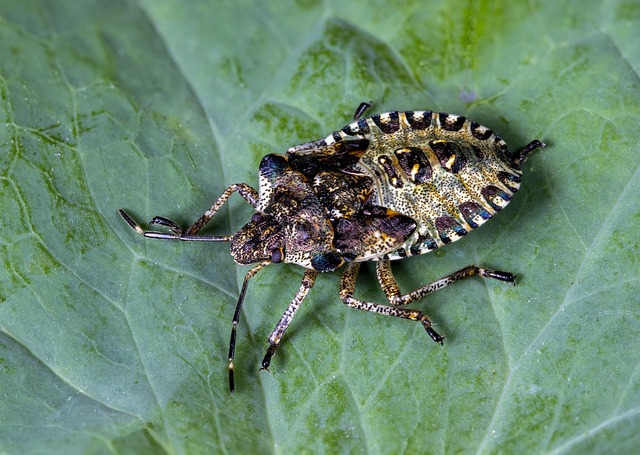
Partnering with professional pest control services is an effective strategy for managing insect and rodent infestations in apartments. These specialists are equipped with the knowledge, skills, and tools to identify and eliminate a wide range of pests effectively and safely. When dealing with apartment-wide issues, professional intervention ensures that treatments are applied uniformly and consistently throughout the building, minimizing the risk of missing hidden or hard-to-reach areas where pests may congregate.
Moreover, pest control experts employ eco-friendly solutions tailored to specific needs, reducing potential harm to residents and pets while ensuring the effectiveness of treatments. Regular collaborations with these professionals can prevent future infestations, providing a long-term solution for maintaining a pest-free apartment community. This proactive approach not only preserves the health and safety of residents but also protects the value and reputation of the property.
